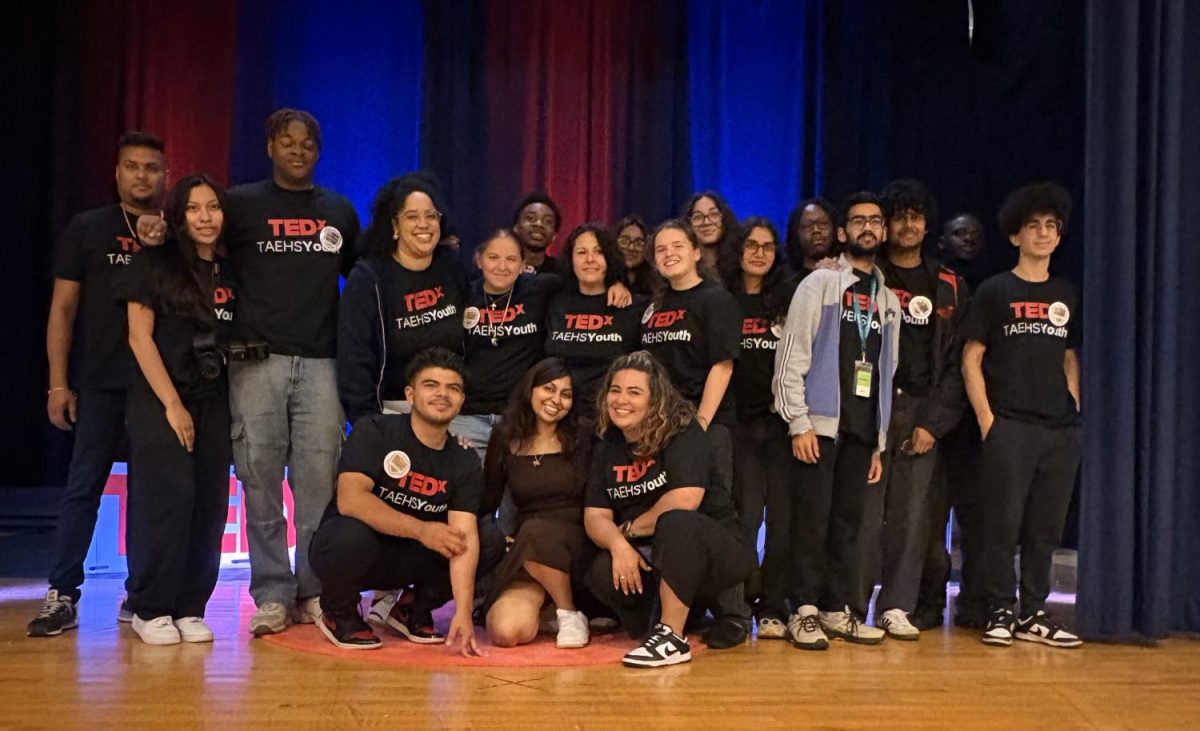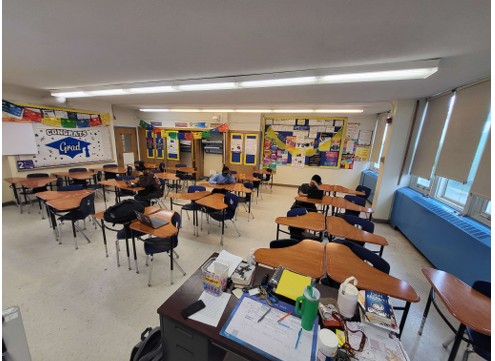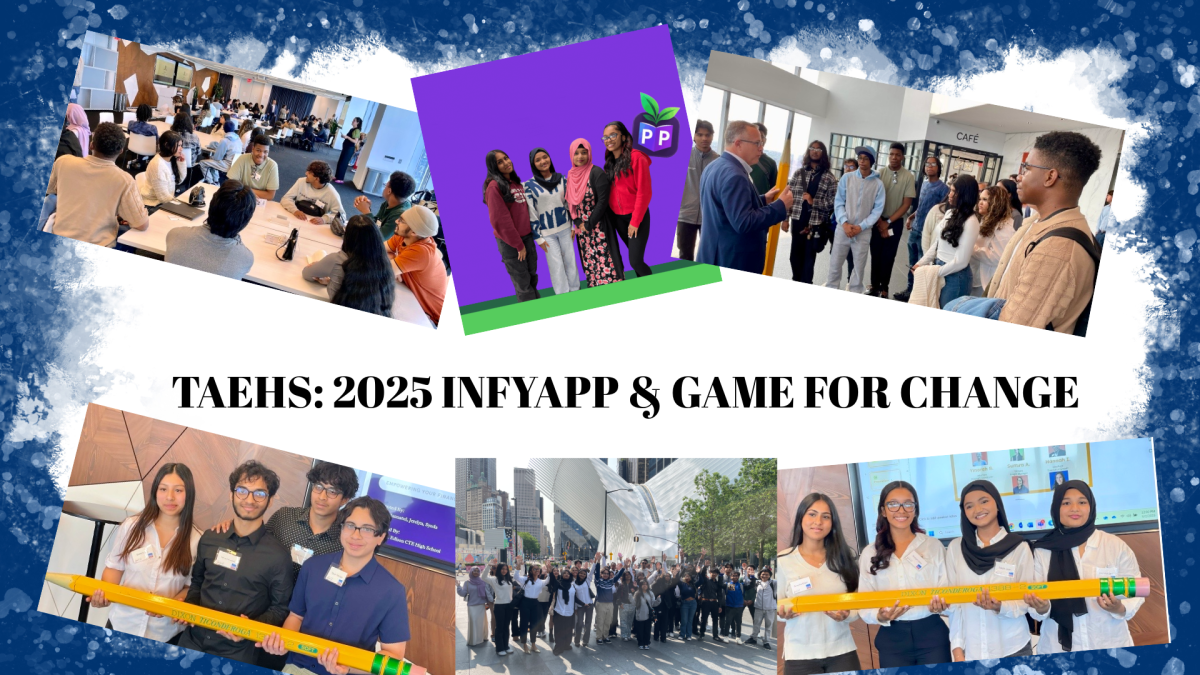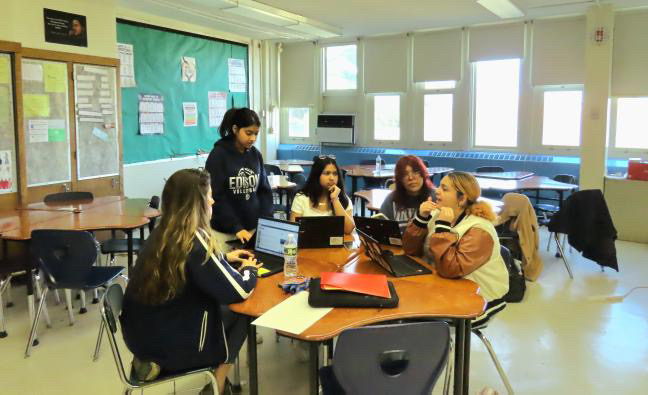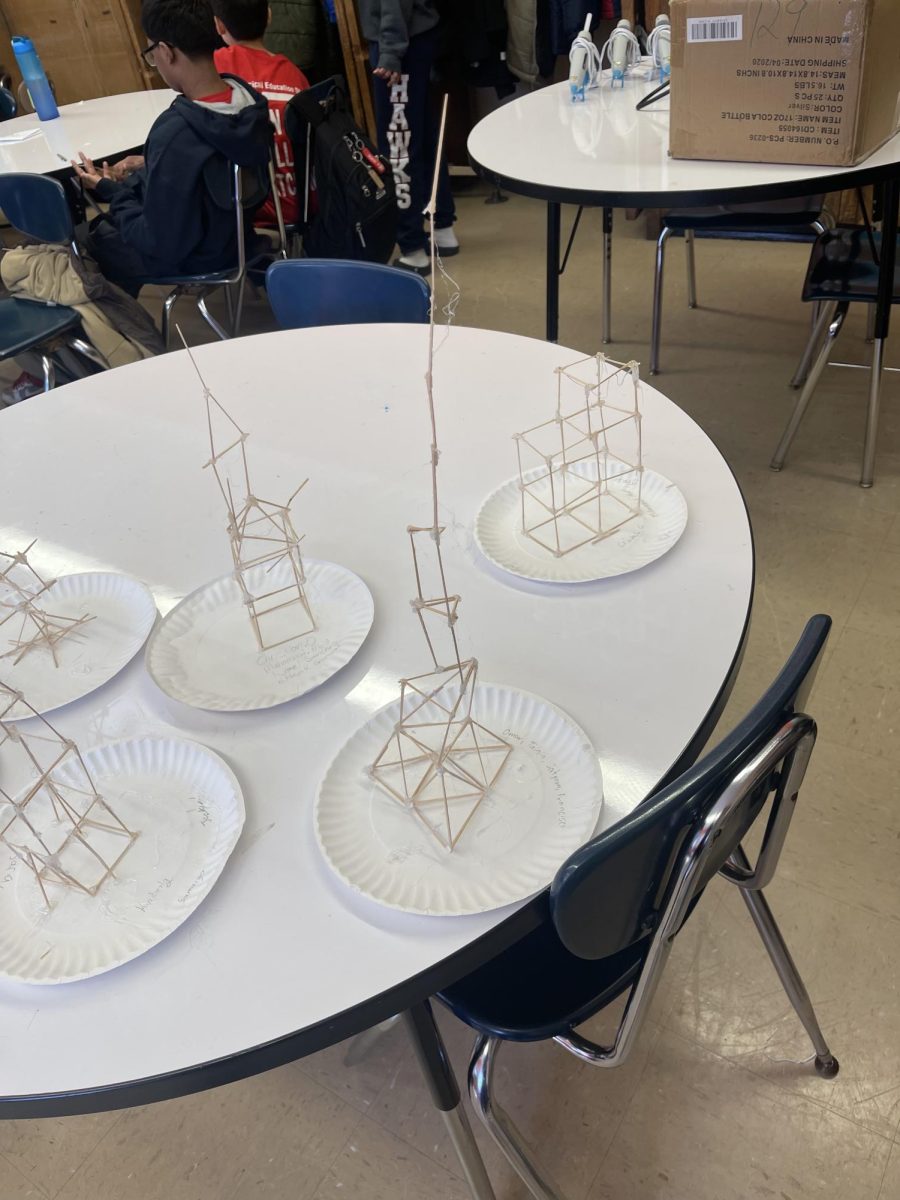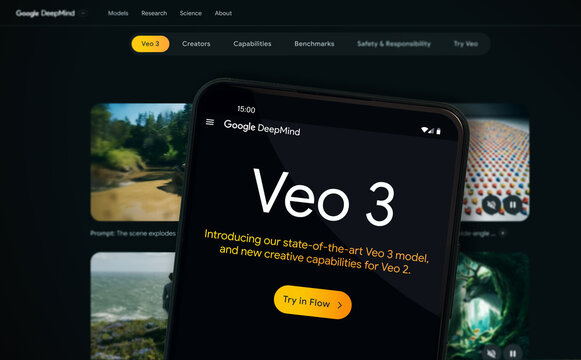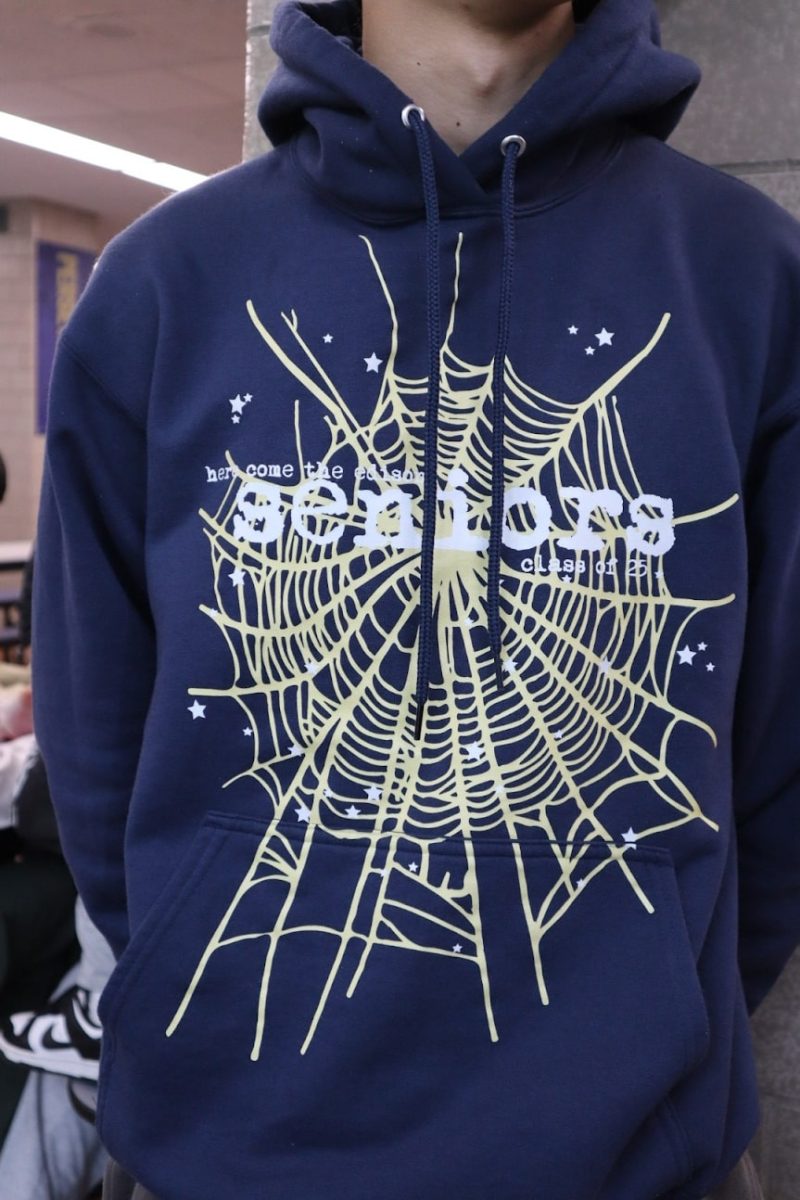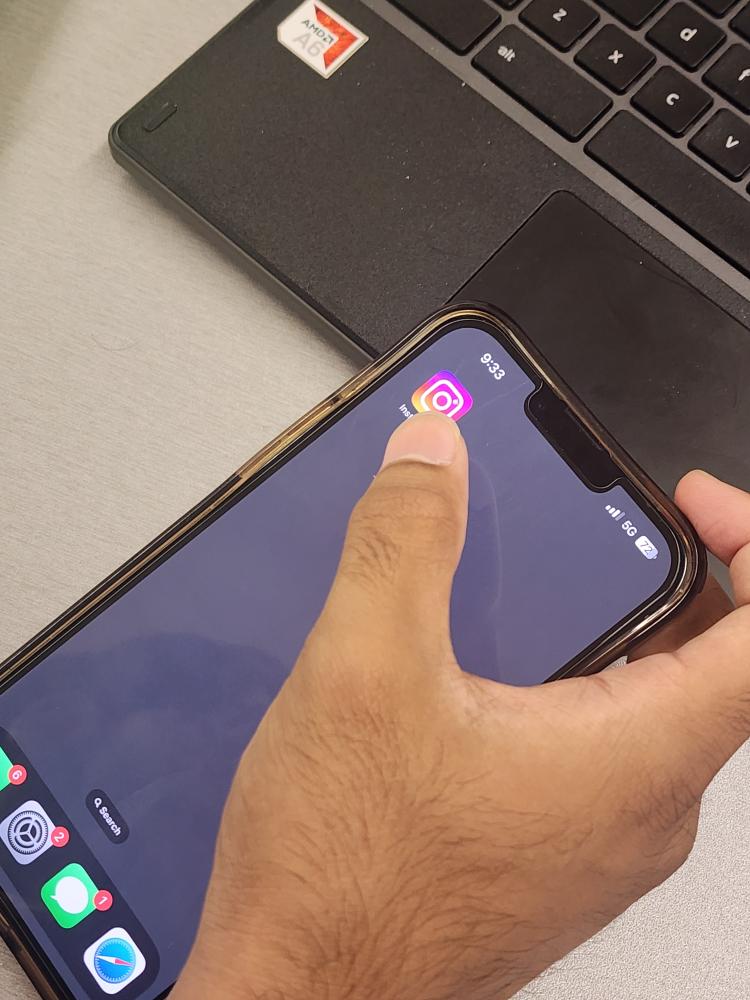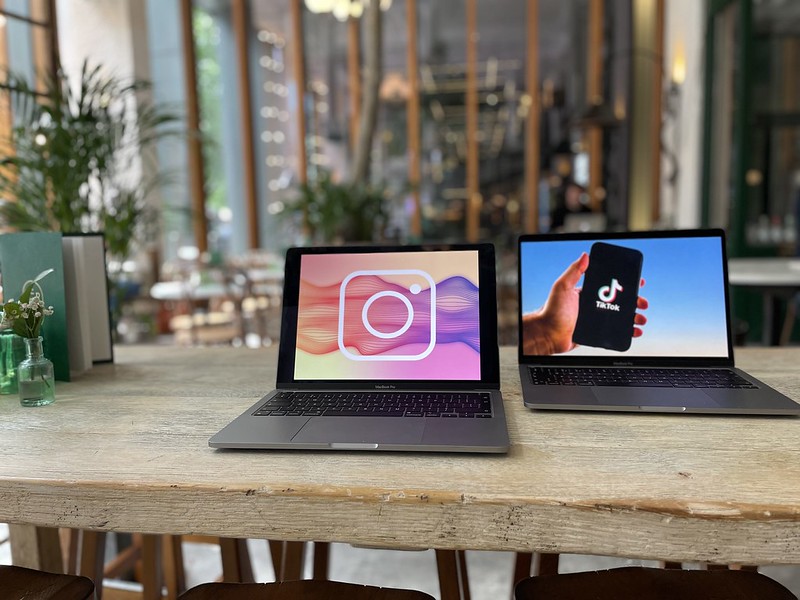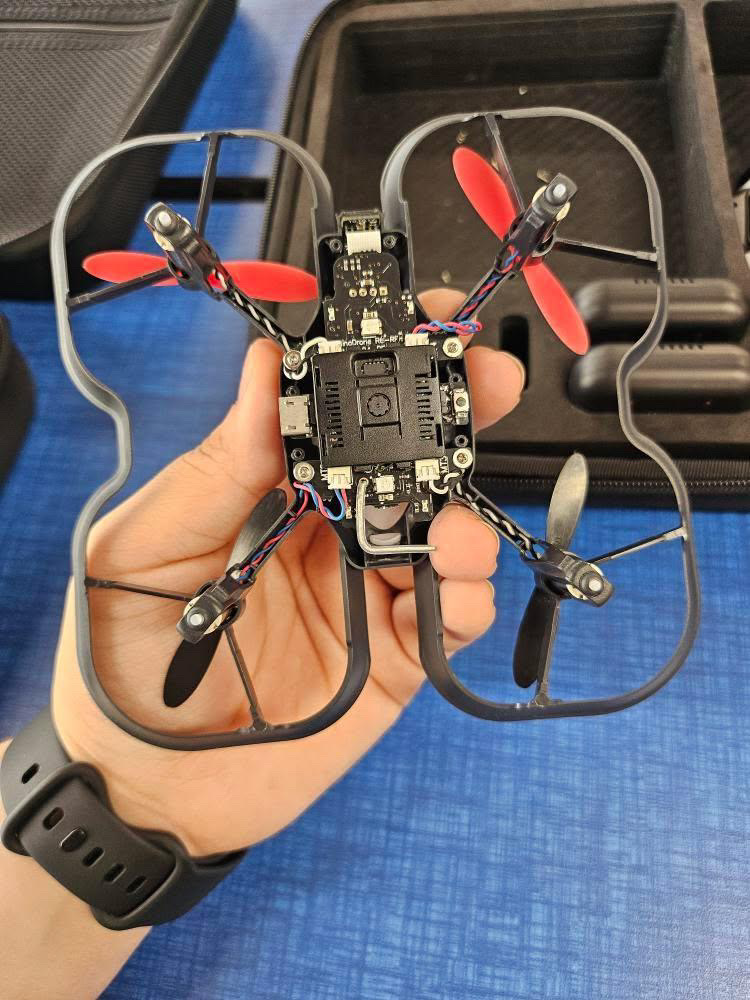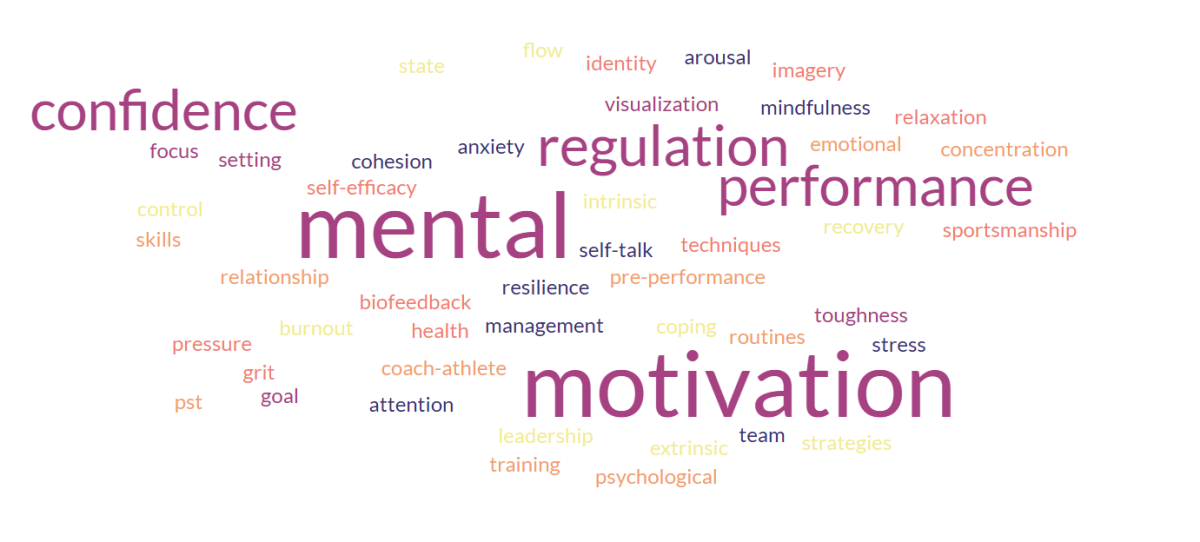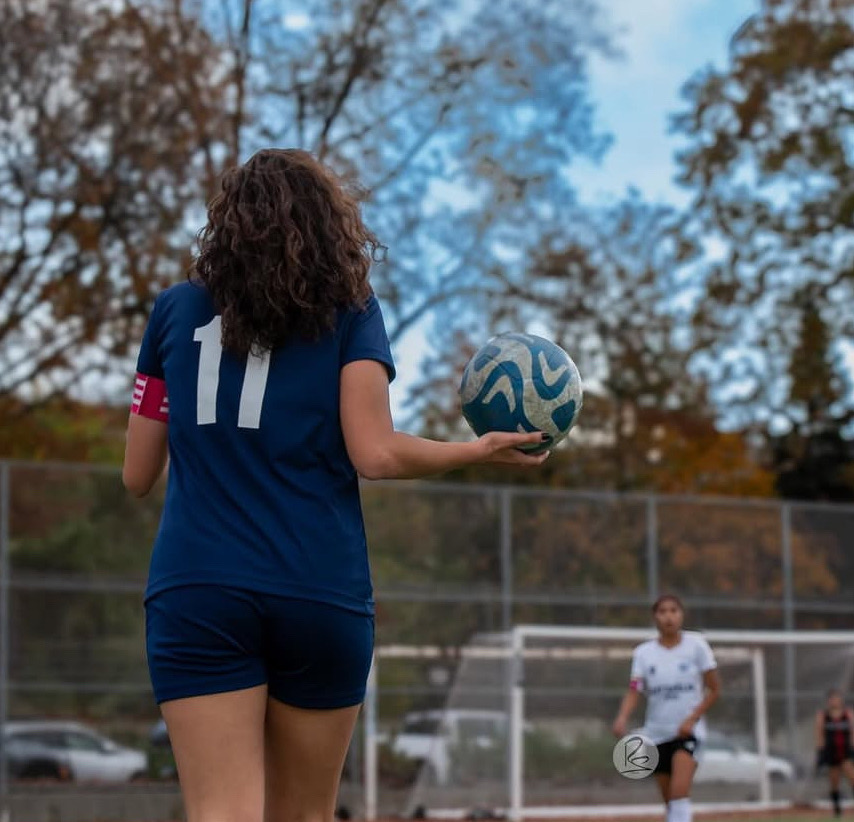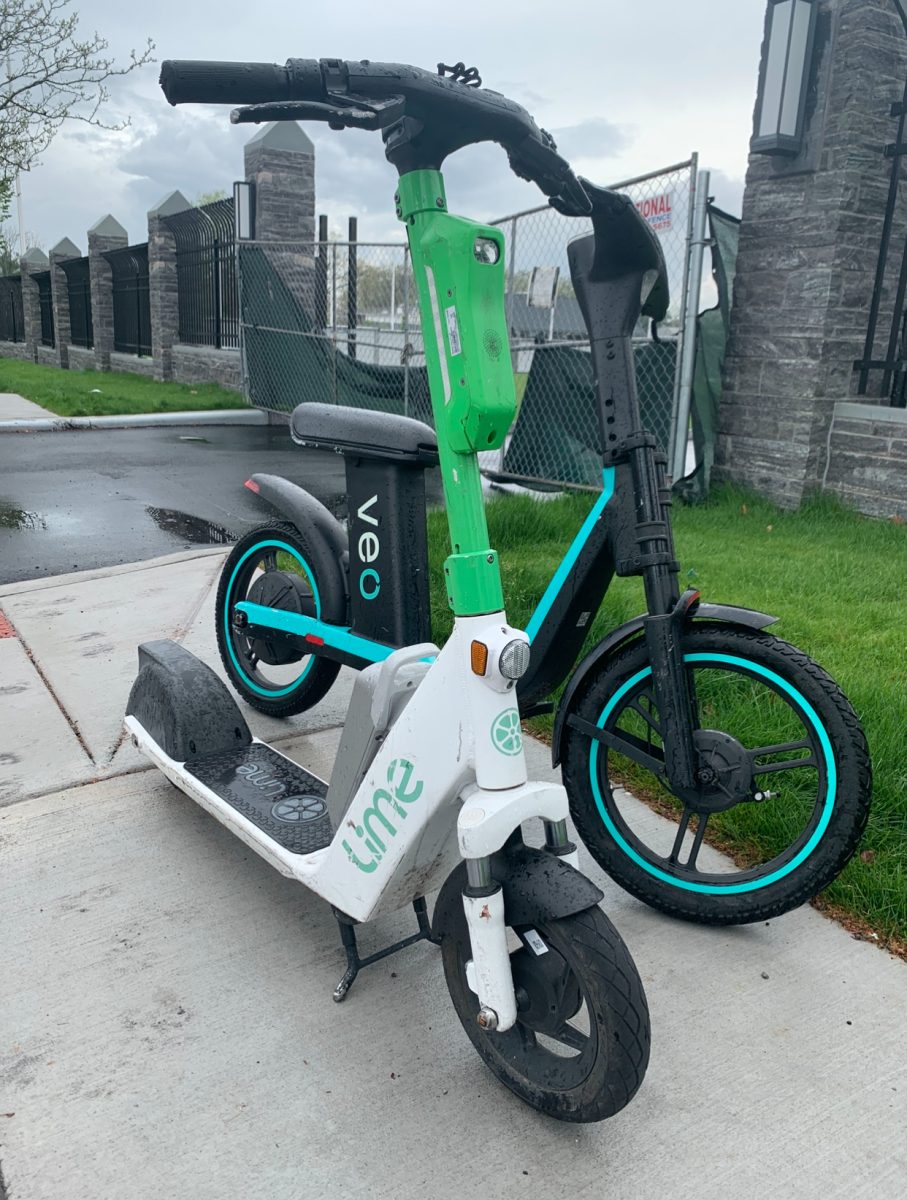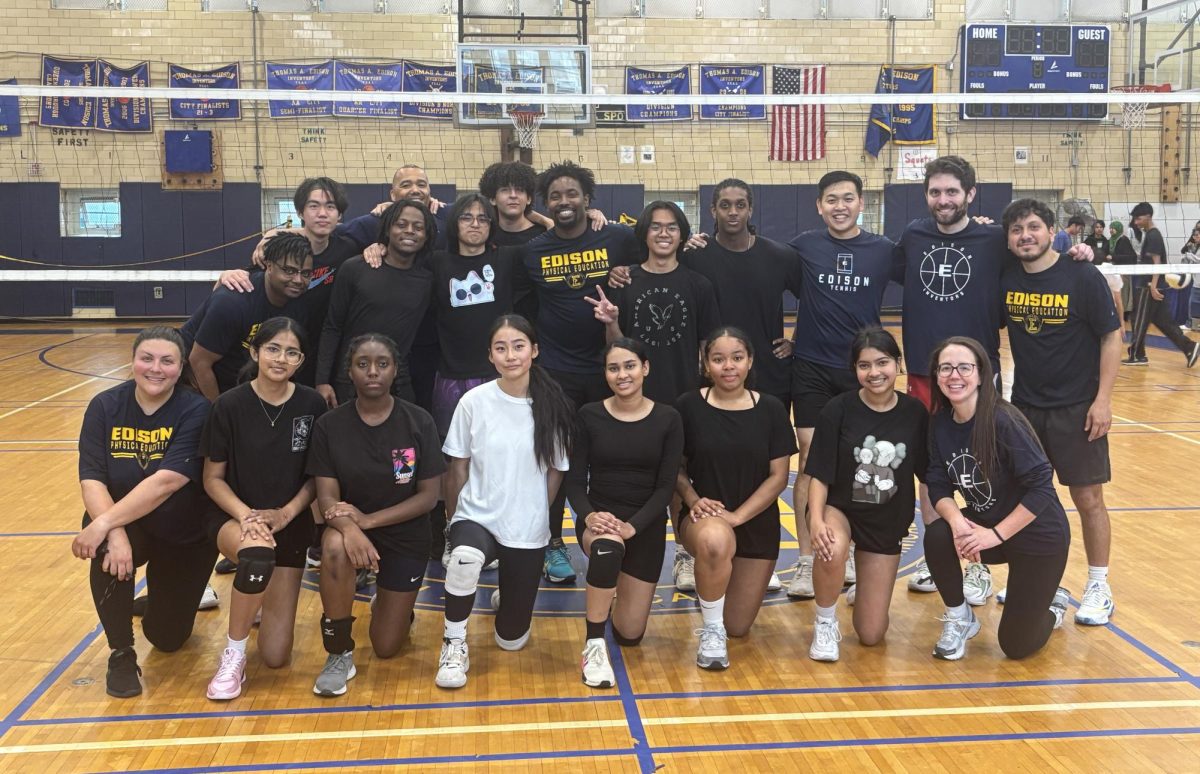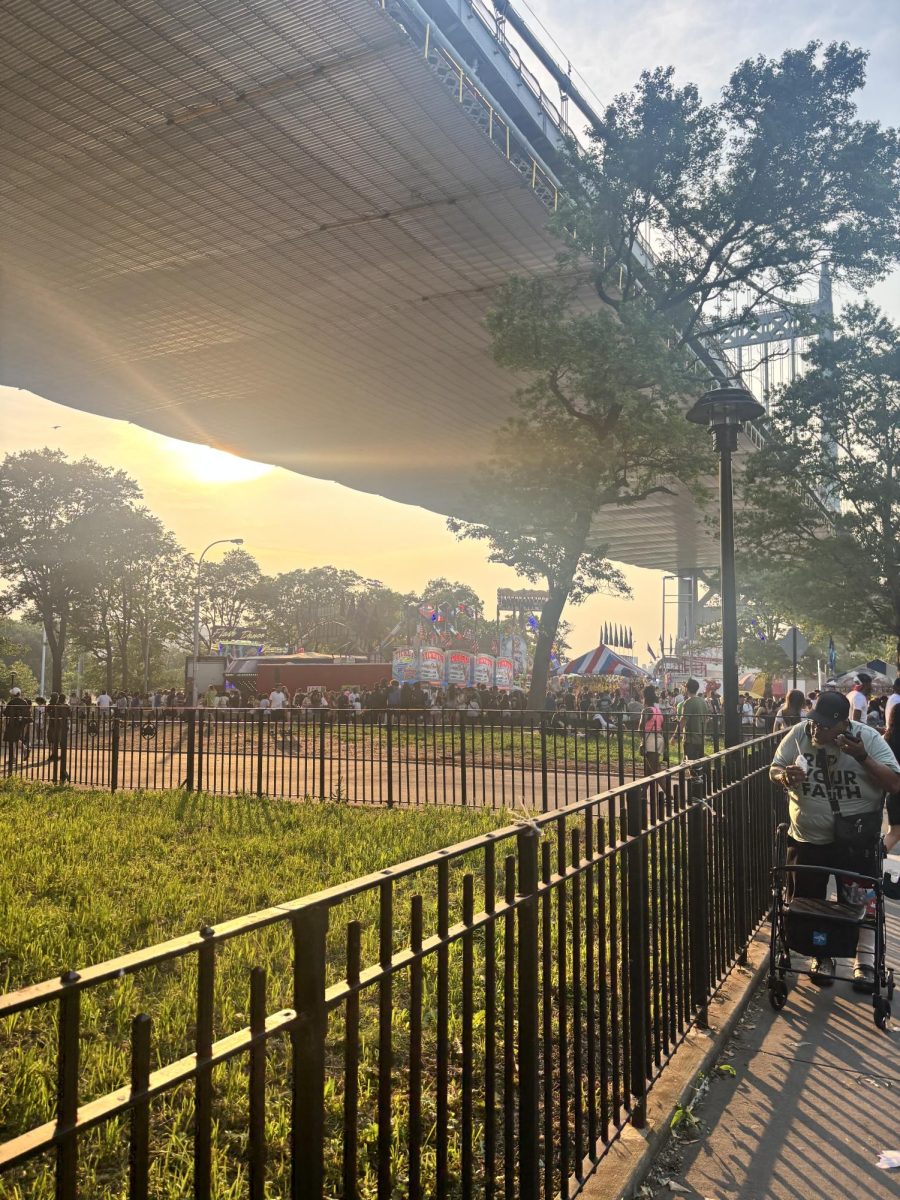The unexpected lockdown took a toll on everyone’s life. Just in a blink of an eye, we were forced to go into isolation. The “normal life” we knew would soon be way past us. We were left wondering how the pandemic would affect the lifestyles of introverts and extroverts.
For introverts, self-isolation isn’t as big of a deal as it is to extroverts because introverts really value their alone time and use it to recharge their energy. Many people assumed that the pandemic was an introvert’s “paradise” and was not really concerned about them. However, this is far from the truth. Many introverts found it very hard to cope with the isolation. Many articles stated that introverts dealt with higher levels of anxiety, depression, and loneliness compared to extroverts. It was hard for introverts to maintain their interactions and contact with others after being isolated for way too long. Daniele Gubler and Katja Schlegel state “Social connections are a basic human need. Being an introvert doesn’t mean you don’t want to socialize at all.” The pandemic made introverts realize the value of social connections and how it’s beneficial for them.
For extroverts, their brain is usually activated when they’re in a social environment. They gain more energy socializing with others since they like to feel the attention on themselves. However, covid took away socializing opportunities and all events were switched to virtual. They felt that the screen was not a good replacement for in-person interactions. However as time went on, some extroverts started to feel that the pandemic changed their perspective. Andrew Zarian who is the founder of the GFQ network stated that his usual routine consisted of going to his city job, being surrounded by coworkers, and stopping by at the bar on the way home with his friends. When the pandemic hit, he realized that he wasn’t really missing out on these things. He states “It actually wasn’t terrible,” he said. It gave him an opportunity to reconnect with his wife. “We were able to slow down, where work wasn’t our priority. It was like we started over. It brought us to a whole different level,” he said. It not only shows how the pandemic affected social connections but has helped them realize the value of spending time at home by themselves or with their family.
I’m considered an introvert, and the pandemic deeply affected my mental health and social connections. It was very difficult at first being stuck at home all day and slowly I started to lose contact with a few of my close friends. It was a very lonely time but it truly helped me to realize the benefits of socializing in person. It made me aware of who my true friends were and who I could maintain contact with. By spending so much time at home, I would get very bored at times but this helped me to discover new hobbies and really make time for my well-being. Soon I felt that I was able to develop a good routine and this really helped me to stay on track. Before the pandemic, I felt that I was always trying to distract myself from my problems or challenges by keeping myself occupied with many things. However, since I could no longer do that during quarantine, I was forced to face my problems instead of running away from them. This really helped me to develop better-thinking skills and come up with more healthier and efficient solutions.
The pandemic had a major impact on introverts and extroverts in ways we didn’t think of. It’s definitely been a rough experience for everyone, but I believe that we all learned or benefited from it in one way or another. Adjusting back to “normal” won’t be easy as well, but eventually, we’ll find ways to move forward with our lives.

